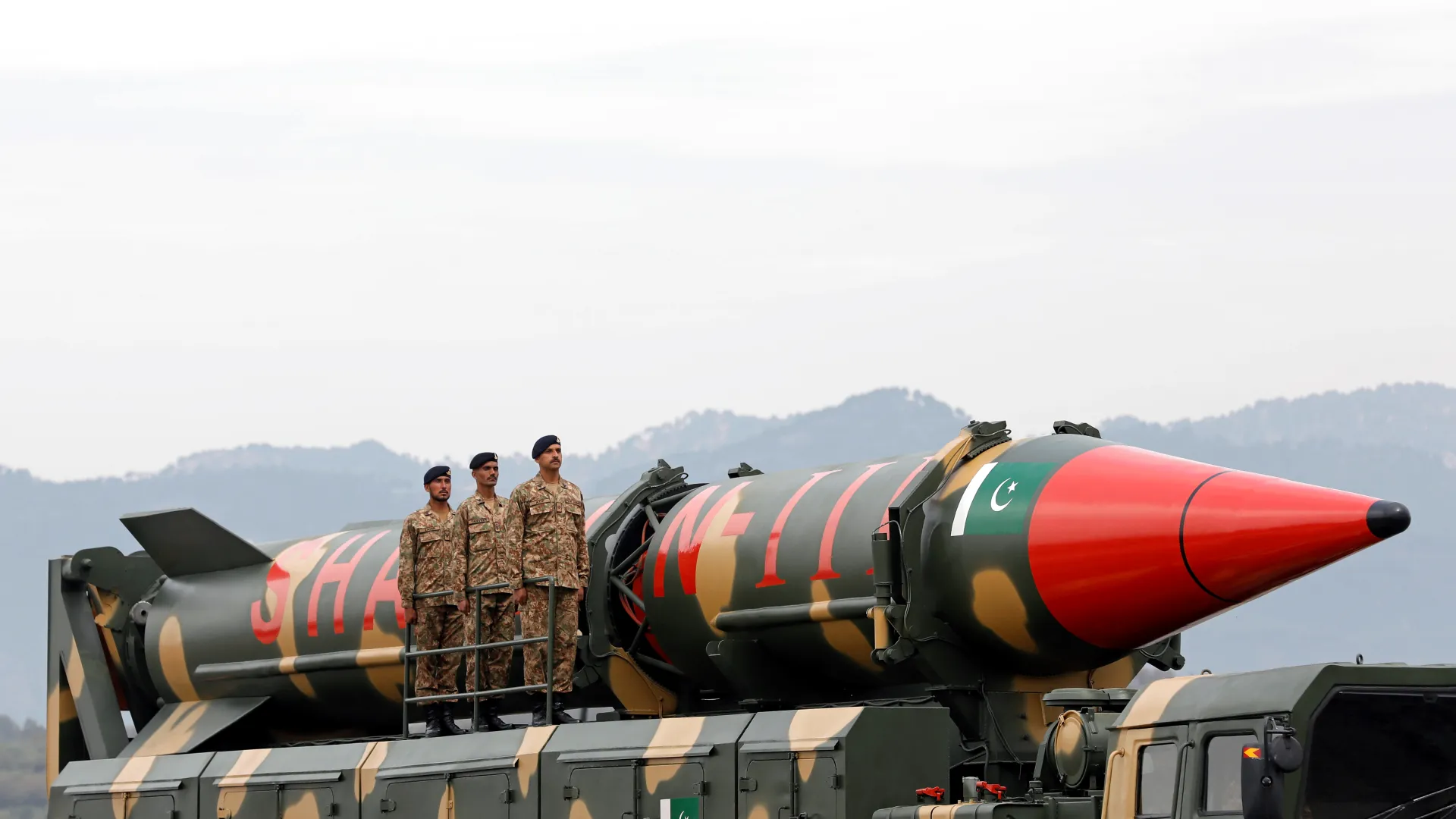The United States Bureau of Industry and Security (BIS) has placed over a dozen Pakistani firms on its Entity List due to their involvement in “unsafeguarded” nuclear activities. Additionally, seven firms have been sanctioned for their contributions to Pakistan’s ballistic missile program.
This action follows recent updates to the US Export Administration Regulations (EAR) and affects a total of 70 entities from countries including China, Pakistan, Iran, South Africa, and the UAE, as reported on the US Federal Register website.
The firms listed are deemed to pose a significant risk to US national security and foreign policy interests. Among those added for nuclear-related activities are Britlite Engineering, Indentech International, IntraLink Incorporated, Proc-Master, and Rehman Engineering and Services.
The US government stated that these entities are “acting contrary to the national security or foreign policy interests of the United States.” The new restrictions will limit their access to US technology, necessitating additional licenses for exports, re-exports, and in-country transfers involving these companies.
In addition to the nuclear-related sanctions, seven firms, including Allied Business Concerns, Global Traders, and Linkers Automation, have been penalized for their alleged roles in Pakistan’s ballistic missile program. These companies are primarily located in Islamabad, Karachi, Lahore, Faisalabad, and Wah Cantonment, but were not immediately available for comment.
Pakistan’s Foreign Ministry has condemned the sanctions, labeling them “unfair” and politically motivated. Spokesperson Shafqat Ali Khan argued that such actions undermine global export control objectives and hinder Pakistan’s access to technology essential for socio-economic development.
These latest sanctions come amid strained US-Pakistan relations, which have worsened since the US withdrawal from Afghanistan in August 2021. Tensions escalated further last week when the US imposed a 29% reciprocal tariff on imports from Pakistan, a move analysts warn could adversely affect Pakistan’s $17 billion textiles industry.
The Pakistani government has reiterated that its strategic capabilities are crucial for defending its sovereignty and maintaining regional peace. In response to the new tariffs, the government plans to send a high-level delegation to Washington to discuss potential avenues for mutual benefit.
Previously, in December 2023, the US government imposed sanctions on Pakistan’s National Development Complex and several Karachi-based commercial entities, actions that Pakistan has criticized as being based on unwarranted suspicion rather than concrete evidence.










